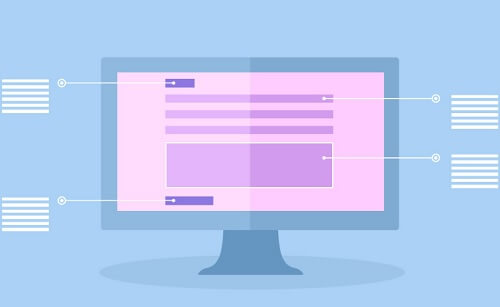The Importance of Website Speed and How to Improve it
In today's fast-paced digital world, website speed plays a crucial role in user experience, search engine rankings, and overall business success. Internet users have become increasingly impatient, expecting websites to load within a matter of seconds. Slow-loading websites not only frustrate visitors but also lead to higher bounce rates and lower conversion rates. In this article, we will explore the importance of website speed and provide actionable tips on how to improve it.
Website speed refers to the time it takes for a web page to fully load.
It directly impacts user experience, conversion rates, and search engine rankings.
Slow-loading websites drive visitors away, resulting in higher bounce rates.
Users expect quick access to information and a seamless browsing experience.
Delayed loading times negatively affect conversion rates.
Visitors are less likely to make a purchase or complete desired actions.
Search engines prioritize fast-loading websites.
Website speed is a ranking factor that affects organic search visibility.

Choose a reliable hosting provider with optimized server performance.
Consider upgrading to a dedicated server or utilizing content delivery networks (CDNs).
Compress and resize images to reduce file size.
Use appropriate image formats (JPEG for photos, PNG for graphics).
Minify CSS and JavaScript files by removing unnecessary characters and white spaces.
Combine multiple files into a single file to reduce HTTP requests.
Enable browser caching to store static resources locally.
Implement server-side caching for dynamic content.
Utilize a CDN to distribute website content across multiple servers globally.
CDN reduces latency and improves loading times for users from different geographical locations.
Use clean, concise, and efficient code.
Minimize the use of unnecessary plugins and scripts.
Combine CSS and JavaScript files into a single file.
Reduce the number of images and external resources.
Compress website files using GZIP to reduce file size.
This reduces bandwidth usage and speeds up page loading.
Load critical content first to improve perceived website speed.
Avoid render-blocking resources that delay the display of content.
Regularly clean up the database to remove unnecessary data.
Optimize website resources, such as CSS and JavaScript files.
Ensure your website is fully responsive and mobile-friendly.
Optimize images and use mobile-specific caching techniques.
Regularly monitor website speed using tools like Google PageSpeed Insights or GTmetrix.
Perform testing and make necessary improvements based on the results.
Website speed is a critical factor that can make or break your online presence. A slow-loading website not only hampers user experience but also negatively impacts search engine rankings and business goals. By understanding the importance of website speed and implementing the actionable tips mentioned in this article, you can improve your website's performance, enhance user satisfaction, and achieve better search engine visibility. Remember, every second counts in the digital world, so prioritize website speed to stay ahead of the competition.